Defence Minister Rajnath Singh held bilateral talks with his Chinese counterpart, Admiral Dong Jun, on Thursday, on the sidelines of the defence ministers’ meeting of the Shanghai Cooperation Organisation (SCO). The SCO defence ministers’ meeting was in the port city of Qingdao in China.
A Chinese readout of the meeting stated that both leaders made it clear that they do not seek confrontation with each other and agreed to enhance communication and mutual trust. The ties between the two nations have improved to a great extent since the 2020 Ladakh border standoff and a deadly clash at the Galwan Valley in June of that year.
The face-off effectively ended following the completion of the disengagement process from the last two friction points of Demchok and Depsang under an agreement which was finalised in October last year.
Amid tensions with Pakistan, India keeps Beijing close
Singh gave insights into the meeting with Admiral Don in a post on X, formerly known as Twitter. “Held talks with Admiral Don Jun, the Defence Minister of China, on the sidelines of the SCO Defence Ministers’ Meeting in Qingdao. We had a constructive and forward-looking exchange of views on issues about bilateral relations,” the Indian defence minister wrote in the post.
Held talks with Admiral Don Jun, the Defence Minister of China, on the sidelines of SCO Defence Minitsers’ Meeting in Qingdao. We had a constructive and forward looking exchange of views on issues pertaining to bilateral relations.
— Rajnath Singh (@rajnathsingh) June 27, 2025
Expressed my happiness on restarting of the… pic.twitter.com/dHj1OuHKzE
Singh mentioned that the two defence ministers spoke about the restarting of the Kailash Mansarovar Yatra after a gap of nearly six years. “It is incumbent on both sides to maintain this positive momentum and avoid adding new complexities in the bilateral relationship,” he added.
Diplomatic engagements between India and China have increased after the two nations agreed to disengagement at the borders. In December last year, NSA Ajit Doval visited Beijing and held talks with Wang Yi under the framework of Special Representatives (SR) dialogue on the boundary dispute.
The decision to revive the SR mechanism and other such dialogue formats was taken at a meeting between Prime Minister Narendra Modi and Chinese President Xi Jinping in Kazan on October 23. However, India is cautious about China's ties with Pakistan, especially in the backdrop of the Pahalgam terror attack.
At the SCO meeting, Singh refused to sign the joint statement of the regional body because it diluted India’s stand on terrorism and the Pahalgam terror attack, which left 26 dead in Southern Kashmir. The Ministry of External Affairs discussed the matter during a press briefing on Thursday.
The MEA noted that India’s proposal to include its anti-terrorism stand was “not acceptable to one particular country,” referring to Pakistan.
“The Defence Minister participated in the defence ministers’ meeting of the SCO. This meeting happened over two days and has concluded. They could not adopt a joint statement. Certain member countries could not reach consensus on certain issues, and hence, the document could not be finalised. India wanted concerns and terrorism reflected in the document, which was not acceptable to one particular country, and therefore the statement could not be adopted,” MEA spokesperson Randhir Jaiswal said at the presser.
“The Defence Minister, in his address, called upon these 11 countries to come together to fight terrorism in all its forms and manifestations… He also reiterated the need to uphold that the perpetrators, organisers, financiers, and sponsors of reprehensible acts of terrorism, including cross-border terrorism, need to be held accountable and brought to justice,” he added.
This is a developing story.


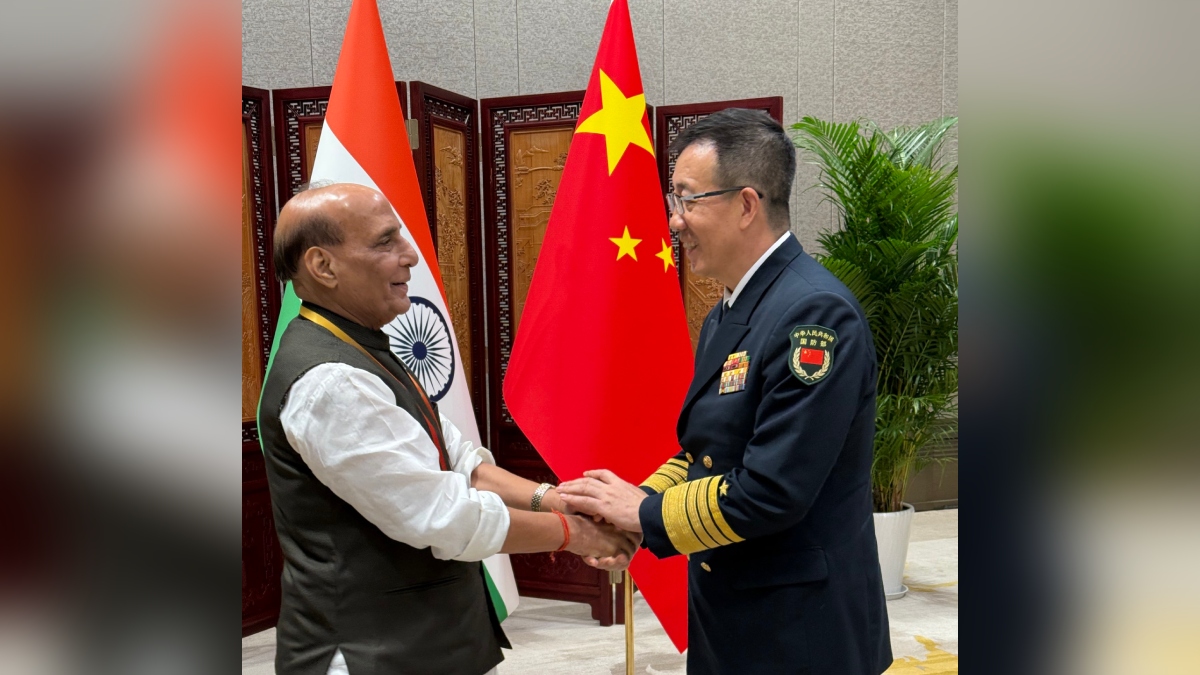)
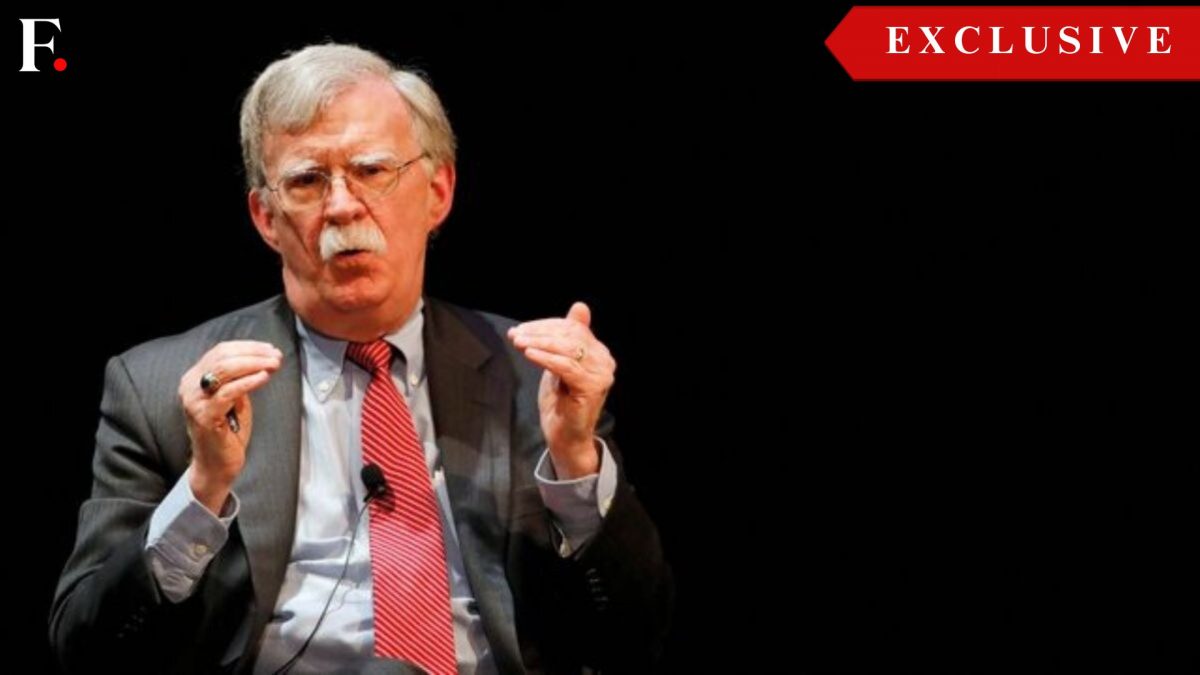)
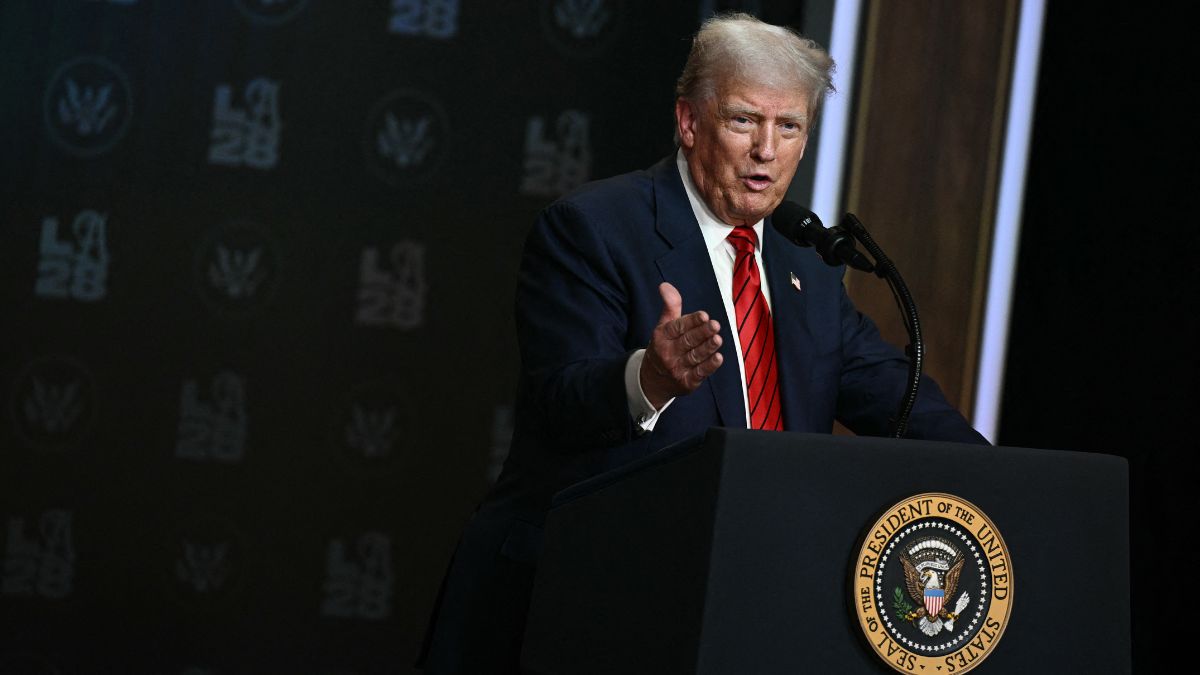)
)
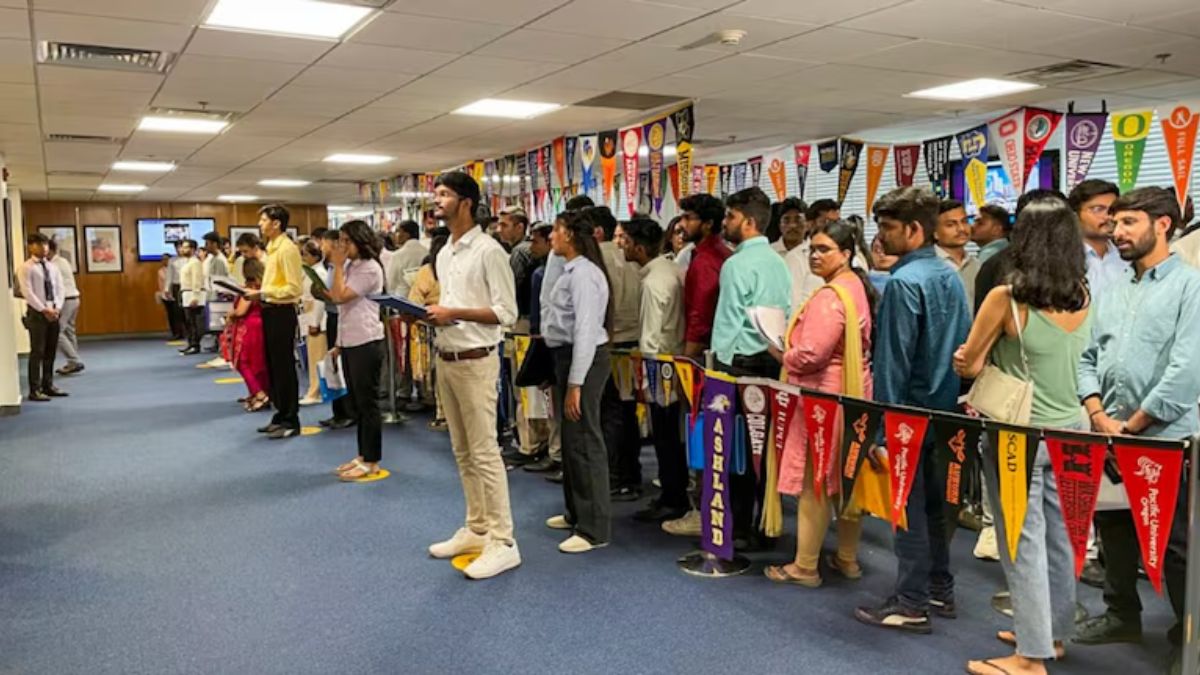)
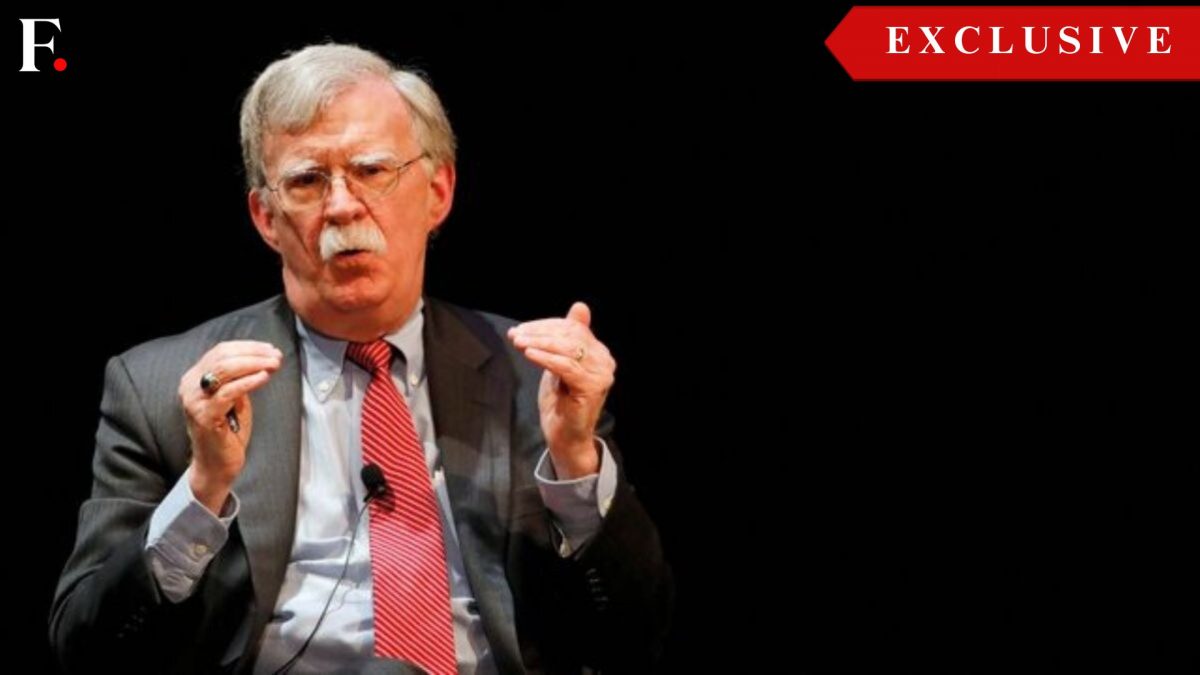)
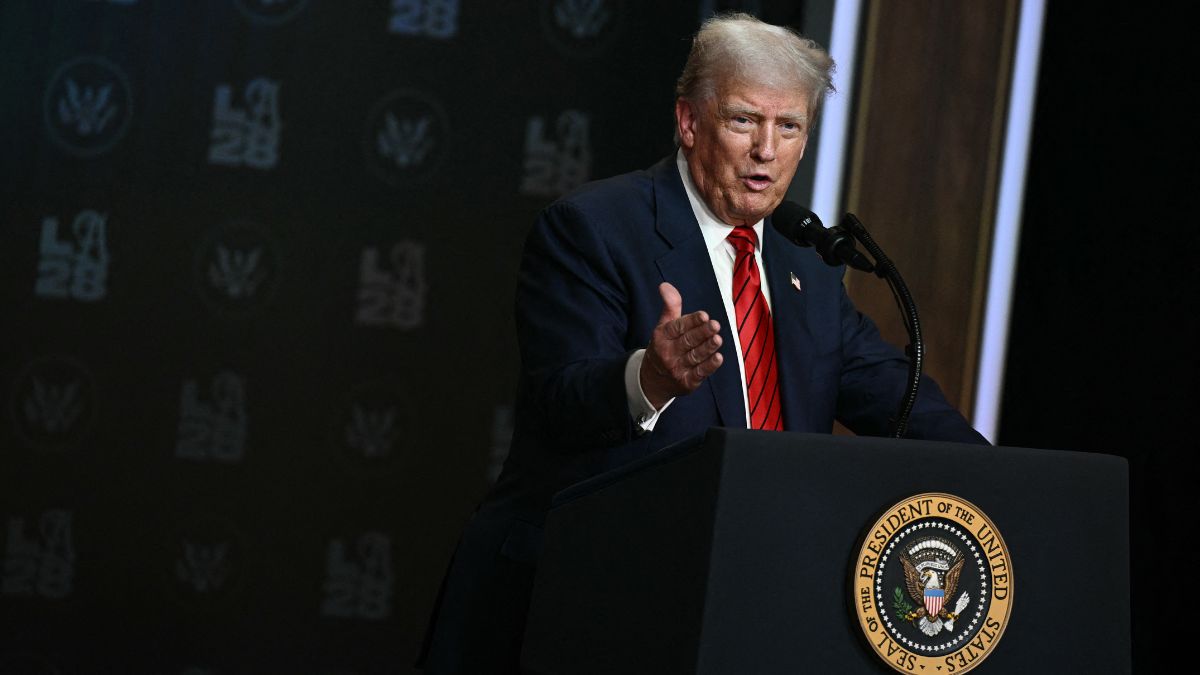)
)
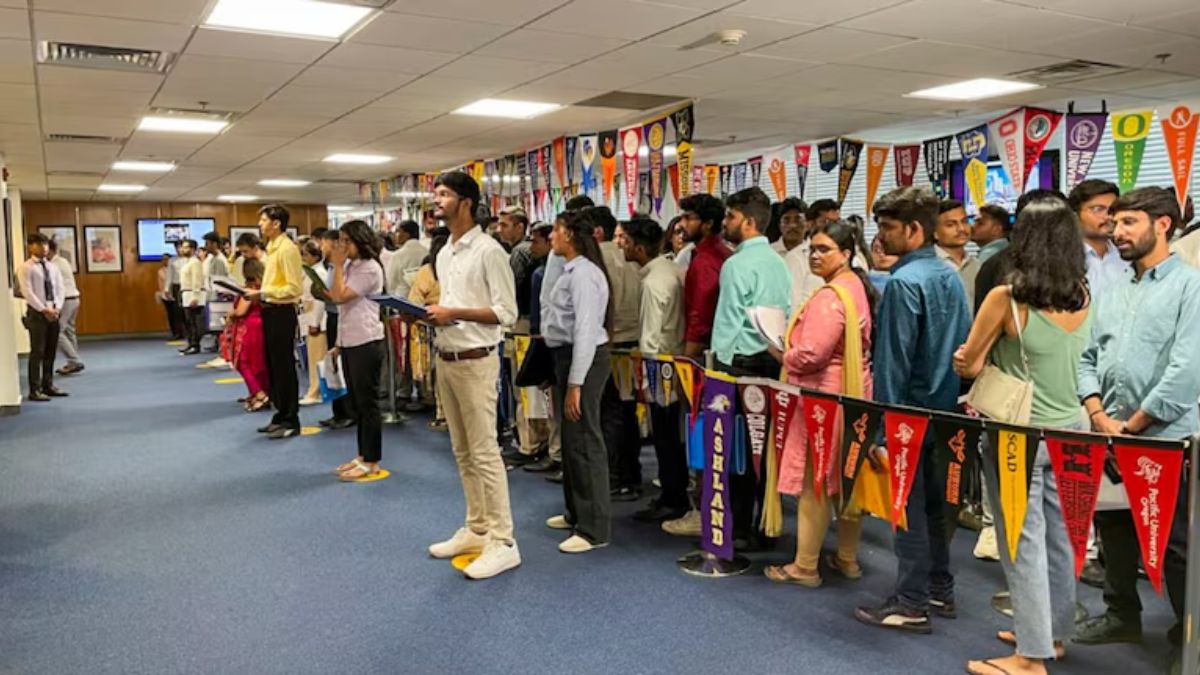)



